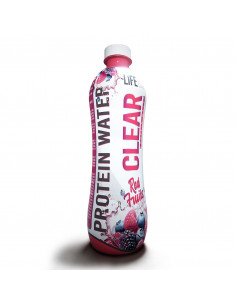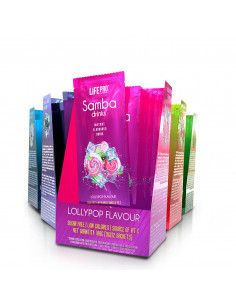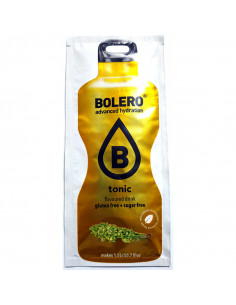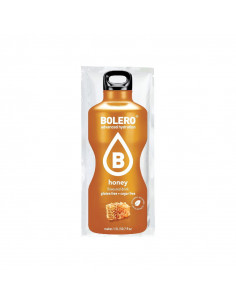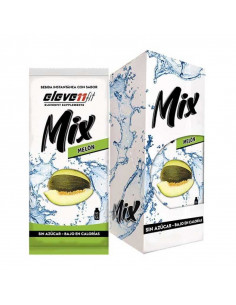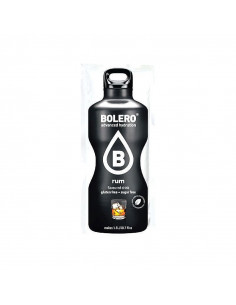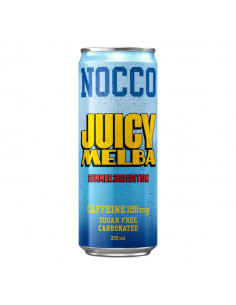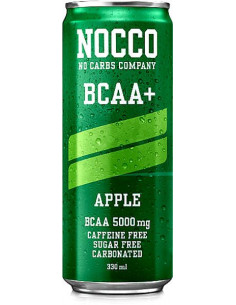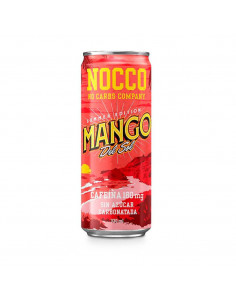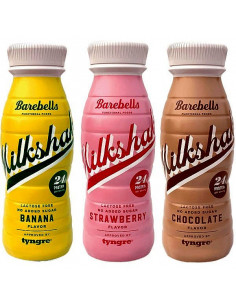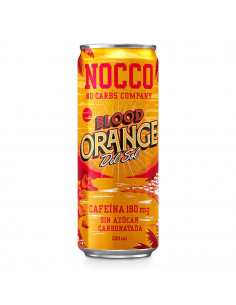Buy Drinks ONLINE only best brands
Buy the best energy drinks at the best price on the market. Only the best brands and delivery in 24 hours. Don't think twice, check our catalog.
Hydration, energy and recovery are the three pillars of nutrition for any athlete. Hydration and energy are two concepts that often go hand in hand, especially in endurance sports. Hydration is the nutritional basis and the most limiting factor that most affects sporting performance.
Hydration comes mainly from three types of sports drinks: energy drinks, isotonic drinks and recovery drinks. Although they may appear similar at first glance, they have some specific characteristics that differentiate them from each other.
Isotonic drinks
The main purpose of isotonic drinks is to replenish mineral salts or electrolytes lost during exercise through sweat and urine. In this sense, they usually contain minerals such as sodium, potassium, magnesium, calcium and chlorine which, in the end, are the ones that are most related to sports practice.
In turn, isotonic drinks also usually contain carbohydrates that function as an energy component and to facilitate the absorption of salts. However, in this case, the quantity is not very high.
Isotonic drinks are particularly suitable for improving physical performance and speeding up muscle recovery after a phase of intense training. The amount to be consumed depends mainly on the individual's losses.
Energy drinks
Energy drinks provide the athlete with carbohydrates in liquid form and are rapidly absorbed. They also contain stimulants such as caffeine, vitamins, amino acids (taurine and L-carnitine) or energising herbs (guarana or ginseng). These elements will be responsible for providing the energy needed during exercise. The carbohydrates used in these drinks are usually more rapidly assimilated.
Energy drinks also usually include mineral salts, but in this case in a smaller proportion than isotonic drinks. Precisely, depending on the amount of carbohydrates and salts in the drink, we can place it either in the isotonic or energy drink group.
The ultimate goal of energy drinks is physical and mental stimulation for a short period of time.
Recovery drinks
Recovery drinks are composed of high glycaemic carbohydrates and protein. This provides rapid replenishment of muscle glycogen and protein and promotes muscle fibre synthesis to repair and adapt the muscle to the exercise performed.
Repair drinks are usually consumed at least 30 minutes after the end of exercise, as this is the time when they will work most effectively.
As we have just seen, there are clear differences between recovery drinks and the rest. However, both energy drinks and isotonic drinks have some common characteristics. So much so that it is often difficult to distinguish between one or the other, as they can be of both types at the same time.
The importance of hydration in exercise
We mentioned at the beginning that hydration is one of the pillars of nutrition. Exercise leads to increased sweating and, therefore, an increased need for water in the body. Hydration needs may vary in each individual according to various factors: age, sex, intensity and duration of exercise, environmental temperature and humidity, sweat rate, etc.
Hydration should be carried out before, during and after exercise for the following reasons:
Hydration before exercise
- It exerts a thermo-regulatory function, preventing an increase in the athlete's core temperature.
- It reduces the perception of effort
- It contributes to the replenishment of glycogen stores.
Hydration during exercise
- Replenishes water and electrolytes lost through sweat and urine
- Maintain stable blood glucose levels
Hydration after exercise
- Enable optimal and rapid muscle recovery
In short, maintaining adequate hydration before, during and after exercise with energy drinks or isotonic drinks is an essential activity for the safe and responsible practice of any sport. This is the only way to achieve greater physical performance and achieve the established objectives.

